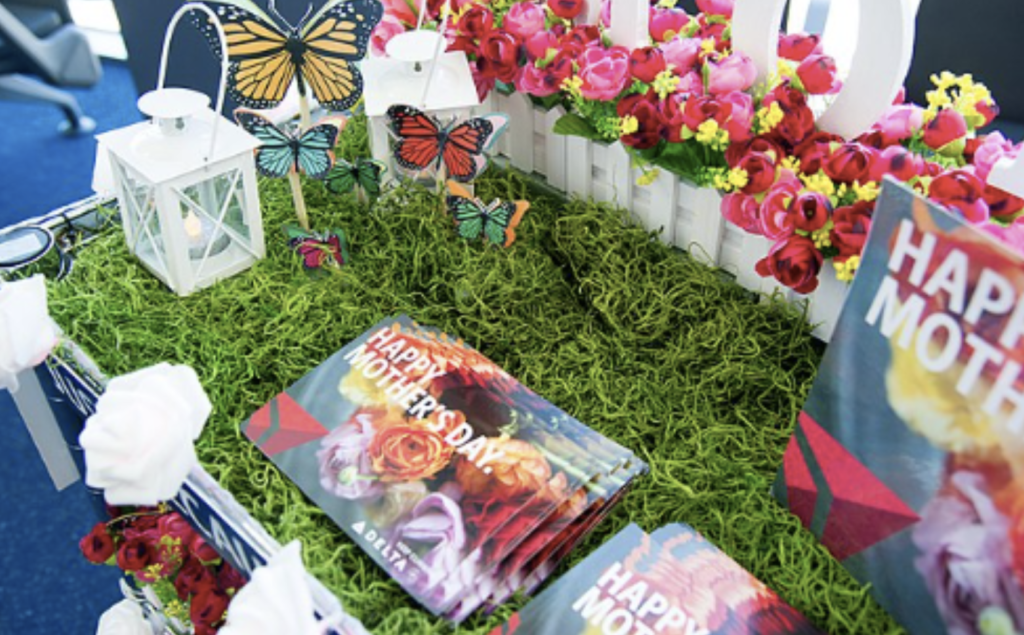Mother's Day Celebrations Across the Arab World

By: Rania Elshanawy/Arab America Contributing Writer
Mother’s Day, which is acknowledged across many cultures as a day in honor of maternal figures and motherhood, is particularly popular in Arab nations. While most of these countries celebrate Mother’s Day on March 21st, which corresponds with the first day of spring, traditions and activities differ, reflecting the region’s diverse cultural heritage.
Mother’s Day became popular in the Arab world by writer Mustafa Amin in Egypt in the mid-twentieth century, and it spread quickly throughout the region. Egypt was the first Arab country to formally notice this day, choosing March 21 to represent renewal and rejuvenation with the arrival of spring. Other Arab nations immediately embraced this date and its underlying meaning, adding their unique cultural traditions to the celebration.
Mother’s Day is celebrated throughout the Arab world as a day to express thanks and affection for moms. The day is celebrated with the exchange of gifts, such as flowers and jewelry, as well as special events. Children, from the very young to adults, frequently make cards and gifts, and it is customary for families to dine together, either at home or at a restaurant. In addition to these personal festivities, media sources play an important role, with special programming dedicated to tales honoring mothers and songs celebrating their hard work.
While the fundamental concept of celebrating mothers remains similar, the style of celebration varies substantially. Gulf countries (e.g., Saudi Arabia, UAE, Kuwait) frequently witness a mix of traditional and modern festivities, with official recognition becoming increasingly widespread. Commercial entities, such as those in the UAE and Kuwait, play an important part in marketing the day with sales and special activities. Mother’s Day is celebrated throughout the Levant (e.g., Lebanon, Jordan, Palestine) with a combination of modern and traditional ceremonies. Children often make handcrafted presents, and families assemble for traditional dinners. In North Africa (e.g., Morocco, Algeria, Tunisia), the day is often honored with music and traditional singing, honoring motherhood through local cultural expressions. Family reunions frequently include the handing down of recipes and tales, which strengthens familial bonds and history.
While the Arab globe has many cultural similarities, each country’s social and religious environment shapes how Mother’s Day is observed. In more conservative civilizations, festivities are typically more private, with a focus on family and home. In contrast, in more free countries, public celebrations are more prevalent.
Mother’s Day in the Arab world reflects the region’s cultural wealth and variety. While the basic concept of celebrating mothers is universally accepted, individual customs and activities differ greatly, each bringing its own flavor to this special day. This variety not only illustrates the distinct cultural identities of the Arab world, but it also emphasizes the universal relevance of mothers in all societies. Mother’s Day, whether celebrated privately or publicly, serves as a reminder of the important role mothers play throughout cultures and generations.
Check out Arab America’s blog here !








